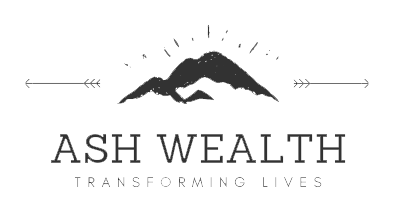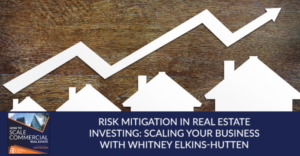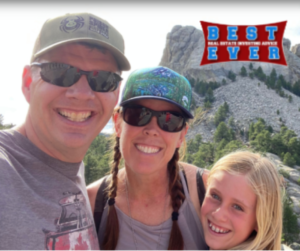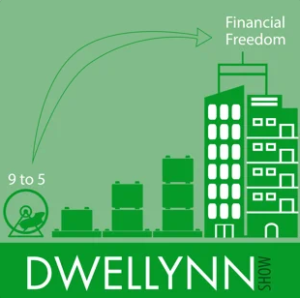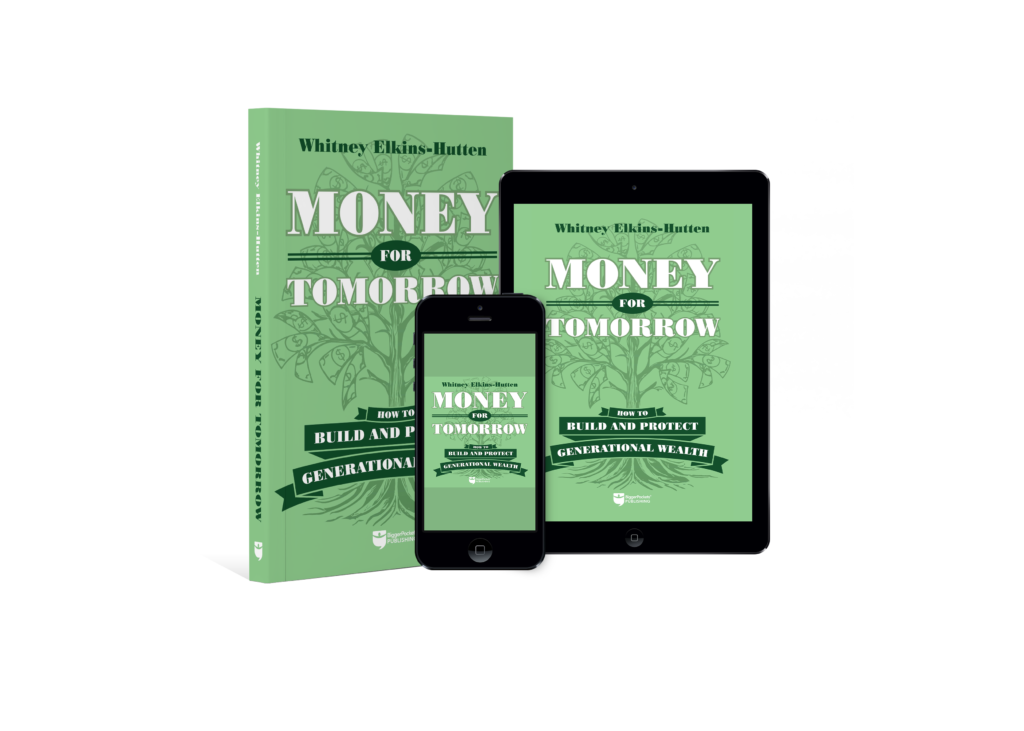One of the biggest reasons I started real estate was to have more control and fewer surprises. That’s still true. With the volatility of our economy right now, the thought of managing your money well might seem harder than ever.
Recently, we’ve seen the end of the longest bull run, the deepest drop, and the best rally in the history of the stock market. That’s a lot to take in, in such a short span of time. America is starting to open back up, but more market volatility is likely on the horizon.
However, most investors have access to invest in primarily the stock market. Right now, it’s on sale. How can you take advantage of some of the investment deals available now, and in a conservative manner?
Personally, I like to take a three-pronged approach consisting of foundation, growth and moment. However today, we’re going to dive into two of those tenets—foundation and growth.
Your Financial Foundation
Unfortunately, America has created a culture of focusing on belongings first, creating poor financial footing. The pandemic has only exacerbated this. Here’s how you can shore up your financial foundation, regardless of where the economy is.
- Track your expenses. We’ve all heard this advice. I’ll take it one step further and say it must be real-time and seamless. As Tony Robbins says, “Where focus goes, energy flows.” Monitor your expenses on a weekly basis if you are just starting out or monthly if your plan is dialed in.
- Pay yourself first, and make it automatic. Make automatic transfers into your savings accounts immediately when your paycheck hits. This will keep you from spending the money. To amplify your savings immediately, eliminate any destructive expenses and reduce consumptive expenses not aligned with your values-based spending plan.
- Identify and lower (or eliminate) the four “I”s that will destroy your budget. The four “I”s are interest, investment fees, insurance premiums, and your IRS bill.
- Feed your emergency fund. I see so many investors who want to leap into investing without the proper reserves in place. Think about saving six-plus months of reserves and deductibles set aside in cash, money market, and/or a well-structured life insurance policy that you can access in a matter of days if needed. You can also think about creating a ladder of these funds so you can keep them working hard for you.
Your Financial Growth
Now that you’ve set the right foundation, the next step is learning the basic ways to grow your investments regardless of the economic climate.
Feed Your Opportunity Fund
Once you have adequately funded your emergency fund, start diverting your savings to your investment opportunity fund. I like high-yield savings accounts, CD ladders, short-term notes, and cash flow life insurance for storing my funds until I’m ready to invest (keeping my money working while I wait).
Master the Tenets of Conservative Investing
Every time I talk to an investment advisor, they open the conversation with, “What kind of risk tolerance do you have?” Over time, I’ve come to realize that to remove risk, my investments need to do four things for me:
- Preserve my capital – Rule 1: Never lose money.
- Create stable cash flow.
If the asset kicks off income that exceeds the expenses of holding it, you won’t have to sell when the market is down.
3. Offer a reasonable chance at appreciation.
If you can force the appreciation or the equity of the asset, even better (this is why I love BRRR).
4. Produce tax benefits.
If the IRS is incentivizing you to invest in the asset (like real estate), it’s a relatively safe bet that you’ll get some sort of support in times of an economic crisis.
Don’t Speculate
At this phase, investing should still be rather boring. The name of the game is creating cash flow and reasonable chances of appreciation.
I don’t use these buckets of funds to invest in momentum assets like the stock market or development deals. Instead, I invest in hard assets, like real estate, or ones backed by a hard asset, like notes. These tend to be more illiquid and not as volatile as the stock market.
Additionally, I can leverage all four tenets of conservative investing and employ other people’s money (like the bank’s) to purchase the asset. At this stage of investing, the main goal is not losing money.
But there’s a caveat.
I realize you may only have access to the stock market to invest in as you build your path. If you want to invest in the market, stick to a broad-based index fund to spread your risk, keep your fees very low (one of your “I”s), set it, and forget it (for six to 12 months, until you need to rebalance).
If you are super nervous about market drops, set stop-loss limits on your portfolio that will move your assets to cash in the case of sharp drops. Set alerts on your phone for when these orders are executed, because you will then need to go in and set a buy order for when the asset starts to go back up. Resist the urge to try to time the market, as you may end up catching a falling knife.
Ladder Your Investments
The last thing I want is all of my assets maturing at one time. This mainly applies to notes, syndications, and property with bridge debt on it. By laddering your investments, you can spread your risk of investing out over time. My ladder looks something like this:
- Long term: 5+ years
- Mid-term: 3-5 years
- Short-term: 6-12 months
- Cash: Less than 6 months
Open Lines of Credit When You Don’t Need Them
While you may not think that opening a line of credit directly relates to investing in a volatile market, if done responsibly, having lines of credit can be advantageous to smooth cash flow issues or take advantage of investment opportunities.
You should only do this if you are responsible with credit and it won’t adversely affect your credit score, credit utilization, or debt-to-income. Here are three areas of opportunity:
- Opening a HELOC on your primary investment property.
- Opening a business line of credit.
- Opening a low or 0% APR credit card for your business.
In Conclusion
As I’ve navigated these two tiers in the past few years, I’ve realized a few things:
- I have stored my cash in a hard asset that doesn’t go to $0.
- I have more cash flow coming in every month to smooth my investing ride.
- I sleep better at night knowing the value of my assets won’t drop by 20% in a day.
- I’m partnered with the IRS to lower my tax bill, allowing me to accelerate my wealth growth.
Most importantly, I have more control over how to manipulate the business plan around the asset. With that type of control comes greater responsibility, which isn’t for the faint of heart.
To manage your money in a volatile economy, you have to proactively put yourself in a position to mentally and economically manage the unpredictability of the market cycle. Because volatility happens—it’s a guarantee like death and taxes.
Click here to view the original post.
Remember, you are just one deal away…
Whitney
